I'm looking for ideas on how to make RX more easily debuggable. It can be so very difficult to find the point of failure when a source is passed through combiners and throttles and publishes and such.
So far I've been doing similar things to what I do with complicated Enumerable chains - inserting Do() for tracing, adding a "name" field to an anonymous type part way through, grabbing stack traces sometimes.. But we have perhaps hundreds of producers and maybe thousands of consumers in our system and it's getting very hard to isolate problems.
What kinds of tricks do you have for debugging your RX usage?
